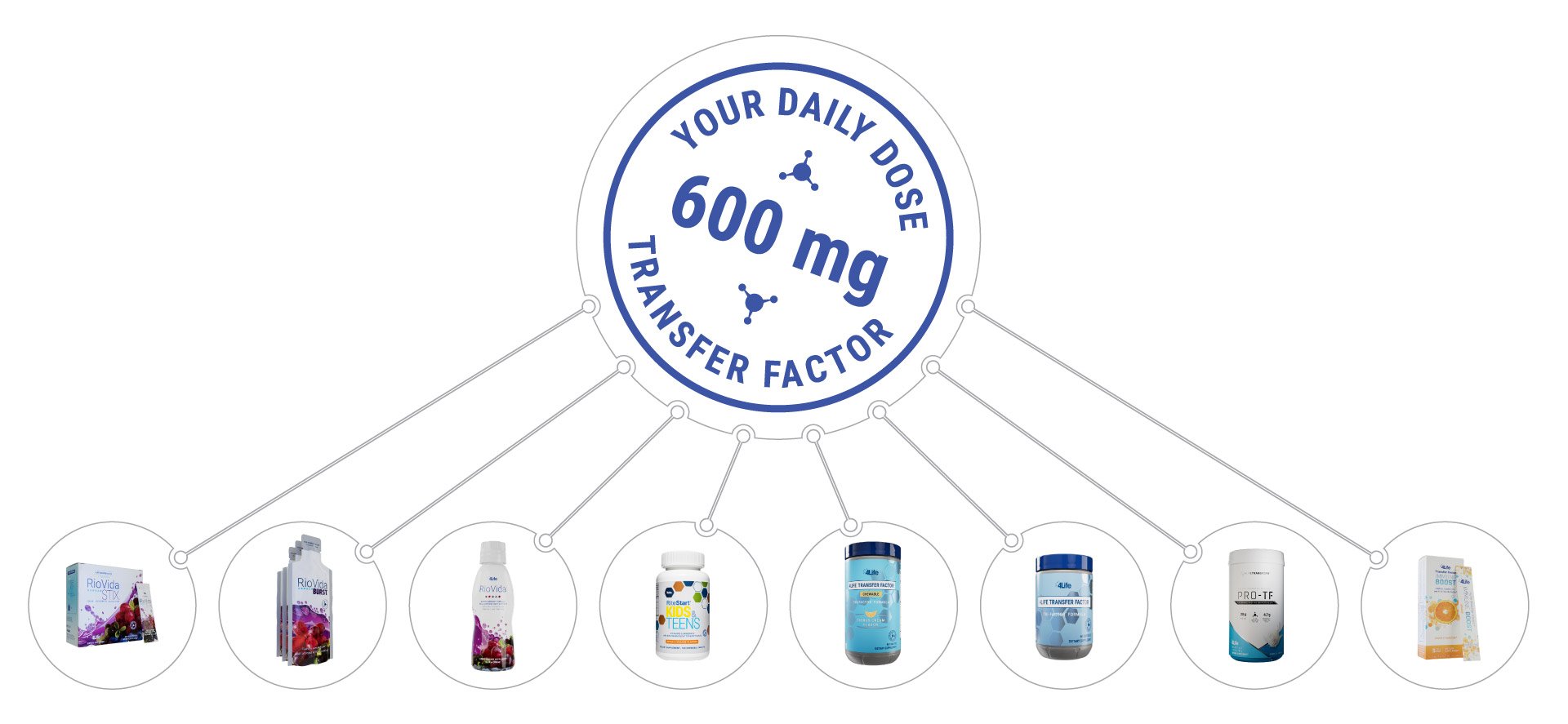Are you sure you want to leave Maria Sylvia Zúñiga Durán's MyShop site?
Are you sure you want to leave Maria Sylvia Zúñiga Durán's MyShop site?
Are you sure you want to leave Maria Sylvia Zúñiga Durán's MyShop site?
Are you sure you want to leave Maria Sylvia Zúñiga Durán's MyShop site?
Replenishing the body is foundational to wellness, and it’s more than just choosing healthy foods. When you properly replenish your body and mind, you can meet the challenges of daily life and sustain your energy levels so you can be happier and healthier.
Nutrition, hydration, and rest all help you replenish, and each one plays an indispensable role in your overall health and immune function. Let’s learn more about holistic ways we can properly nourish ourselves every day.
Good nutrition involves a sustainable, balanced approach to eating that supports the body’s natural rhythms and needs. With slews of fad diets, false information, and complicated terminology, learning about proper nutrition can feel daunting. In many ways, however, proper nutrition can begin with simple steps—for example, eating more fiber.
We all know that fiber supports digestion, but it also aids in immune health.1 Fiber acts as a natural cleanser for your digestive tract, helping to remove waste and toxins that could otherwise burden the body. But beyond digestion, fiber plays a unique role in immune support by nourishing the beneficial bacteria in your gut.
By including fiber-rich foods like fruits, vegetables, whole grains, and legumes in your daily diet, you create an environment where your gut microbiome can thrive. In turn, a healthy gut microbiome directly boosts your immune function, helping your body stay balanced, resilient, and ready to face whatever comes its way.
Hydration isn’t just about quenching thirst; it’s about providing your body with the means to carry out every essential function. Every cell, tissue, and organ in your body requires water to work properly, and staying hydrated is essential to sustaining energy, focus, and overall vitality.
Beyond hydration’s obvious physical benefits, water also plays a significant role in supporting immune health.2
Your immune system function is connected to your lymphatic system. Lymph flow, the circulation of white blood cells throughout the body, helps defend against harmful invaders. Water keeps this lymph flow moving, which is essential for an effective immune response.3
When you’re dehydrated, lymph flow can slow, meaning your immune cells may have a harder time reaching areas where they’re needed most.
Sleep is important to many aspects of your health, including heart health,4 weight management,5 mental health,6 and more. When you get enough sleep, your body and mind can perform at their very best. Sleep also plays an important role in your immune health.7
Rest isn’t just about sleep, however. In your exercise routine, rest days are important to muscle recovery. An active rest day might involve walking, yoga, or another form of light exercise. Meditation and mindfulness are also important to resting and replenishing the mind.
Here’s a bonus way to replenish: Getting your daily dose of 4Life Transfer Factor®!
Transfer factors are molecules that transfer immune system memory and knowledge from one entity to another. A daily dose (600 mg) of 4Life Transfer Factor is clinically proven to activate the immune system in two hours.*8
Replenish your immune system with your daily dose of 4Life Transfer Factor!*

1. Schley, P. D., & Field, C. J. (2002). The immune-enhancing effects of dietary fibres and prebiotics. The British journal of nutrition, 87 Suppl 2, S221–S230. https://doi.org/10.1079/BJNBJN/2002541.
2. Vora, A., Kalra, S., Thakor, P., Malve, H., Chamle, V., & Patil, A. (2024). Connecting the Dots: Hydration, Micronutrients, and Immunity. The Journal of the Association of Physicians of India, 72(6S), 25–29. https://doi.org/10.59556/japi.72.0546.
3. Bartholomew, Rachel. (2020). Why Is Hydration Important for the Immune System? Nutri Advanced.
4. Javaheri, S., & Redline, S. (2017). Insomnia and Risk of Cardiovascular Disease. Chest, 152(2), 435–444. https://doi.org/10.1016/j.chest.2017.01.026.
5. Bacaro, V., Ballesio, A., Cerolini, S., Vacca, M., Poggiogalle, E., Donini, L. M., Lucidi, F., & Lombardo, C. (2020). Sleep duration and obesity in adulthood: An updated systematic review and meta-analysis. Obesity research & clinical practice, 14(4), 301–309. https://doi.org/10.1016/j.orcp.2020.03.004.
6. Li, L., Wu, C., Gan, Y., Qu, X., & Lu, Z. (2016). Insomnia and the risk of depression: a meta-analysis of prospective cohort studies. BMC psychiatry, 16(1), 375. https://doi.org/10.1186/s12888-016-1075-3.
7. Besedovsky L, Lange T, Born J. Sleep and immune function. Pflugers Arch. 2012 Jan;463(1):121-37. https://doi.org/10.1007/s00424-011-1044-0.
8. Yu, L. et al. Curr. Issues Mol. Biol. 2024, 46, 6710-6724.
You are trying to view a MyShop page. Please log out in order to view this website.